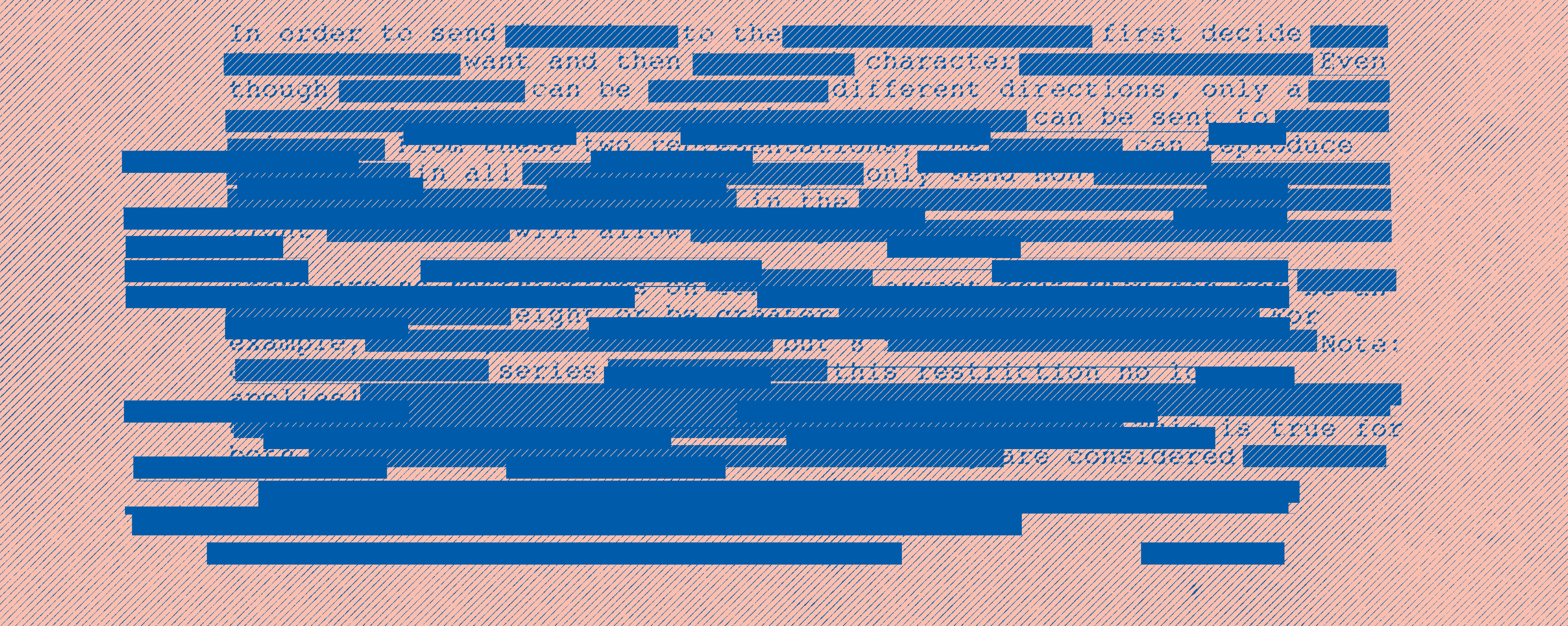Too often government agencies won’t hand over public information that you have every right to. At the New York Civil Liberties Union we see this all the time, whether we’re asking local police departments to disclose the technology they’ve acquired, or asking school districts to divulge their discipline policies. Despite the clear public transparency purpose of New York’s Freedom of Information Law (FOIL), agencies commonly delay, dodge or outright refuse.
Now, a new law signed by Governor Cuomo last week will help fix this problem. The bill changes the calculus made by New York bureaucrats and helps level the playing field. It requires the government to reimburse your legal fees when agencies unreasonably refuse to comply with FOIL and the only way you can get answers is by dragging them to court. The New York Civil Liberties Union strongly supports the law and thousands of NYCLU supporters sent messages to Cuomo demanding he sign the legislation.
Before this law, government agencies knew that most New Yorkers couldn’t afford to fight about it when they were faced with unlawful denials and delays. It takes time, money, and legal expertise to ask a court to get you the right answers.
For the sake of our democracy, government reliance on that status quo had to be shaken up, because the information that can be uncovered through FOIL is essential to delivering meaningful accountability for New Yorkers. You simply can’t fix what you don’t know is broken.
Many issues on which the New York Civil Liberties Union works have been advanced through FOIL disclosures. We have used FOIL to reveal important information about government agencies around our state.
It was through FOIL that we discovered the NYPD had stopped nearly two million innocent New Yorkers ¬– the vast majority black and Latino ¬– during the heyday of stop-and-frisk. We revealed that black and Latino New Yorkers were much more likely than whites to be shot by NYPD officers. Until our disclosures, the public had no idea that the NYPD had deployed controversial cell phone spying devices called Stingrays more than 1,000 times without getting a warrant.
If the government values secrecy more than the law, it will pay the price.
Police departments aren’t the only agencies with valuable information waiting to be unearthed. Through FOIL the NYCLU blew the lid on the torturous solitary confinement of teens in a Syracuse jail. We discovered the lack of proper medical care for transgender people in state prisons. We published data about suspensions and arrests in New York City schools that showed black and Latino students were disproportionately punished, and we revealed that schools across the state filter the Internet in ways that keep students from accessing age-appropriate LGBT information.
Secrets like this shouldn’t remain secret just because agencies think they can flout disclosure rules. When it came to transparency, government agencies often relied on red tape to be a red light.
The NYCLU has experienced this kind of intransigence countless times. For example, we sent FOIL requests to 23 police departments across the state looking for basic information about how local departments function. They ignored legal deadlines, excessively redacted documents and came up with bogus excuses for why they couldn’t release simple information. Twenty of the departments did not respond within the time required by law and we had to sue the Buffalo and Ramapo police to force the disclosure of information that belonged to the public.
We were lucky those lawsuits ended even that quickly. Another one of our FOIL cases is still in court, five years after we sent the original request.
Under previous law, it was up to a judge to decide whether the government had to pay up when a request was wrongly denied. Too often, courts let agencies off the hook. A
recent analysis from Reinvent Albany found that in 46 cases where a judge ruled that information was unreasonably withheld, the government only had to pay the plaintiffs’ legal fees in 16 of those cases.
The new law is a simple way of compensating for diligence and punishing bad behavior. Not only does it make it more possible for New Yorkers to pursue legitimate FOIL requests as long as it takes, but government agencies are less likely to play games since they know it could cost them.
Now there is a higher toll for reckless obstruction. If the government values secrecy more than the law, it will pay the price.
